Contents
- 1 Understanding the GCC: More Than a Political Alliance
- 2 The Heartbeat of Movement: GCC Visas and Borderless Dreams
- 3 A Common Identity in the GCC Countries
- 4 The Economic Engine of the GCC
- 5 Religion, Culture, and Shared Humanity
- 6 The GCC’s Vision for the Future
- 7 The GCC as a Model for Regional Cooperation
- 8 A Human Story Behind Every Policy
- 9 Conclusion: The GCC’s Legacy and Tomorrow’s Promise
- 10 Frequently Asked Questions
- 11 Sources:
When you think of the Middle East, it’s often described in terms of maps, borders, and headlines. But beyond the politics and policies lies something quieter, deeper—the Gulf Cooperation Council (GCC). It’s not just a regional alliance; it’s a living story about identity, cooperation, and an unwavering desire to move forward together. The Gulf Cooperation Council, founded in 1981, binds six nations—Saudi Arabia, Kuwait, Bahrain, Qatar, the United Arab Emirates, and Oman—through shared geography, faith, and economic vision.
But beneath those statistics lie human stories: of expats making homes in new cities, of travelers crossing borders with hope, and of governments aligning for a collective future. In the story of the GCC, that heartbeat belongs to its people—millions who wake each morning to build, dream, and belong in this connected Gulf community.
Understanding the GCC: More Than a Political Alliance
At first glance, the GCC may appear as a regional bloc driven by economic policy and mutual defense. But it’s more intimate than that. It’s a promise. A vision shared by nations that decided cooperation was stronger than competition. The Gulf Cooperation Council emerged when oil was the region’s dominant narrative—but its purpose evolved beyond energy. Today, the GCC Countries are leaders in innovation, education, tourism, and sustainability. Each country contributes a unique chapter to the shared story:
- Saudi Arabia: The heart of the Arab world and the spiritual center for millions. It’s the land of both ancient traditions and futuristic megacities.
- United Arab Emirates: A shimmering hub of commerce and culture, where skyscrapers meet dunes.
- Qatar: Known for its modern infrastructure and hosting global events that spotlight the Arab identity on an international stage.
- Kuwait: A nation balancing oil wealth with growing technological ambitions.
- Bahrain: A financial bridge linking East and West.
- Oman: A quiet guardian of heritage and natural beauty.
Together, they form the Gulf Cooperation Council, a coalition that proves progress doesn’t have to come at the cost of heritage. 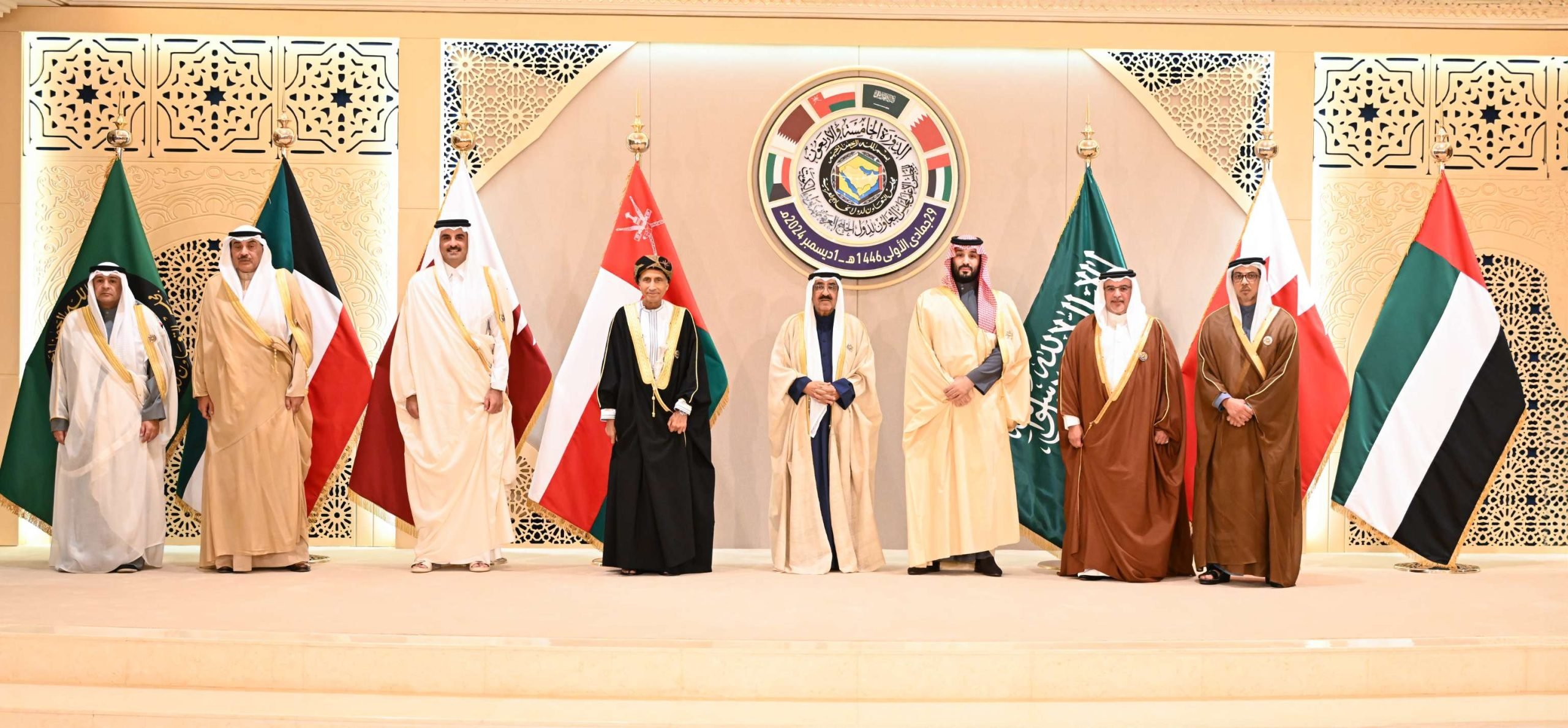
The Heartbeat of Movement: GCC Visas and Borderless Dreams
Travel between these nations has become more seamless through the GCC Visa system and simplified visa-on-arrival processes. This has not only transformed tourism but also reshaped how professionals, families, and dreamers migrate across the Gulf. For instance, KSA Visa regulations have evolved to welcome investors, students, and workers from across the world. Saudi Arabia, the most prominent member of the GCC, has modernized its entry and residency systems to align with Vision 2030.
Expats often describe the Kingdom as a place of both discovery and belonging. Many find home in cities like Riyadh, where opportunities rise like the skyline itself. If you’re curious about what life is like for newcomers, you might enjoy learning about expat accommodation in Riyadh or expat jobs in Riyadh. These everyday realities—housing, employment, and cultural integration—tell the story of how the GCC isn’t just a council; it’s a canvas for countless lives.
A Common Identity in the GCC Countries
Despite their differences, the GCC Countries share one unspoken truth: unity brings resilience. From education policies to defense strategies, from healthcare reforms to shared cultural initiatives, the council’s cooperation has strengthened each nation’s identity. The GCC fosters a sense of belonging that goes beyond citizenship. For instance, Saudi Iqama Holders visa-free countries allow expats with valid Saudi residence permits to travel to select destinations within and beyond the Gulf, opening new possibilities for exploration and connection.
It’s not merely about policy; it’s about trust. The kind that says, “You’re one of us now.” That same spirit echoes through Saudi Arabia’s Vision 2030 initiatives—reshaping cities like Riyadh into international destinations. If you walk through the northern districts of the capital, you’ll find vibrant communities and evolving urban landscapes. You can browse apartments for rent in North Riyadh (Al Narjis) or browse properties for rent in North Riyadh (Al Arid). These neighborhoods symbolize the meeting point between ambition and tradition. 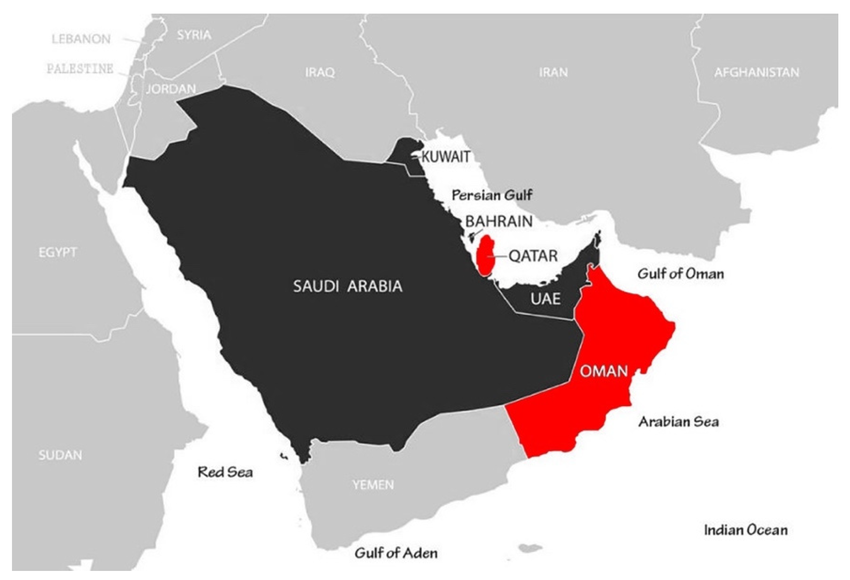
The Economic Engine of the GCC
Economics has always been the backbone of the Gulf Cooperation Council. Initially formed to stabilize oil economies, the GCC now thrives on diversification. Real estate, tourism, renewable energy, and digital innovation are driving growth in the region. One remarkable example lies in the booming investment scene in Saudi Arabia’s capital. The city’s property sector is now a magnet for both local and international investors, many of whom are drawn to the concept of REITs (Real Estate Investment Trusts). If you’re curious about how this works, you can read more about REITs in Riyadh.
The Gulf Cooperation Council’s unity is also spiritual. It’s where faith isn’t just practiced—it’s lived. Millions travel annually for Hajj and Umrah, journeys that define both devotion and identity. Saudi Arabia’s commitment to facilitating these pilgrimages has inspired global admiration. To understand how accessible this sacred experience has become, explore the Hajj visa guide. In a world increasingly fragmented by differences, the Gulf Cooperation Council reminds us that shared values can bridge vast distances.
The rhythm of prayer calls across the cities, the taste of cardamom coffee, the gentle negotiations of daily life—each thread weaves into a collective tapestry of belonging.
The GCC’s Vision for the Future
The GCC is no longer content with stability; it’s reaching for sustainability. From Saudi Arabia’s NEOM to the UAE’s Masdar City, the focus is on clean energy, technology, and human innovation. But beyond the headlines, there’s something profoundly human about this vision—it’s about creating spaces where people can dream without barriers, where a Pakistani engineer in Riyadh can find both community and career, like those described in stories of Pakistanis in Riyadh. The Gulf Cooperation Council’s story continues to evolve—a quiet testament to what’s possible when nations choose progress over isolation. 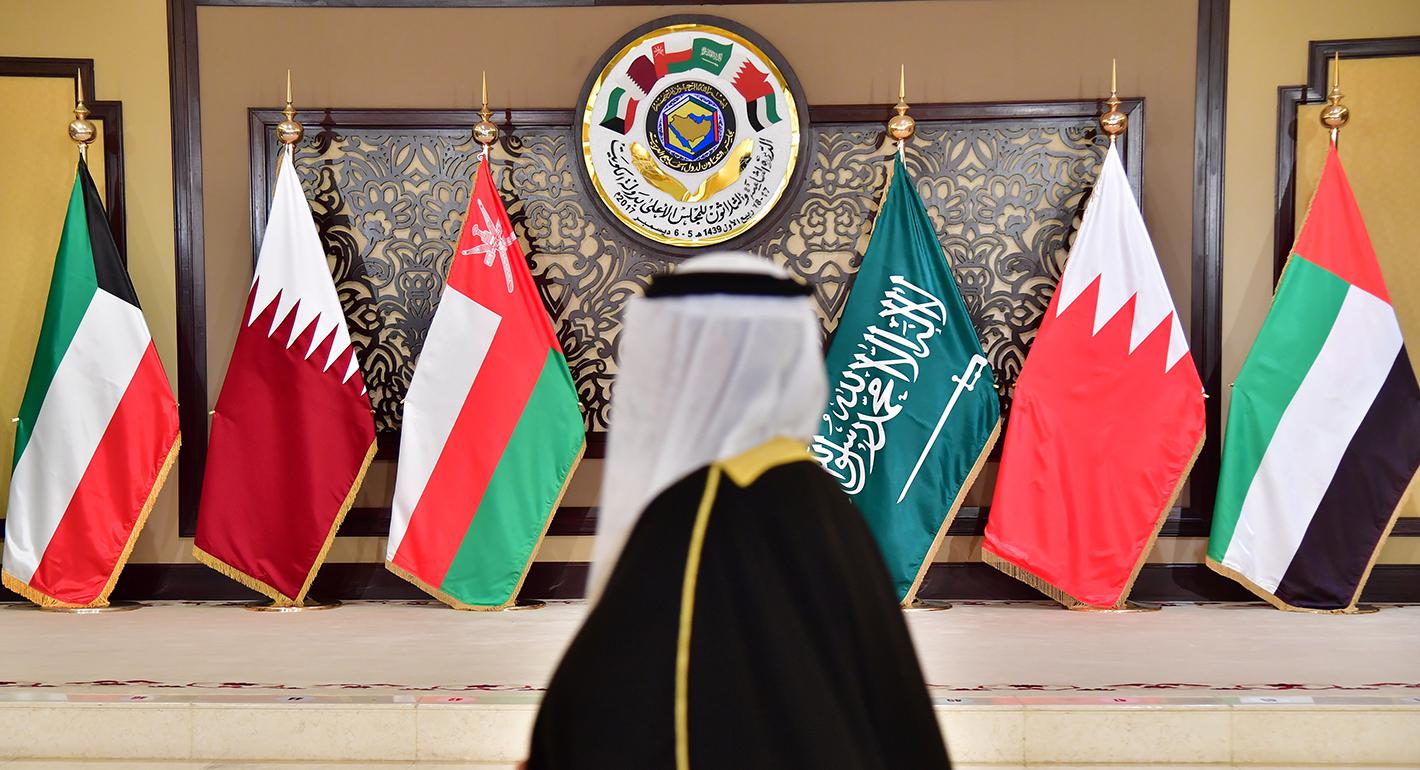
The GCC as a Model for Regional Cooperation
Globally, few alliances have endured with such harmony. The GCC stands as a model for how shared values can produce mutual growth. The GCC Visa and the simplified movement between member states are tangible proof of that. For travelers, this means ease of access. For investors, it means broader markets. For expats, it means the ability to build a life that crosses borders yet feels like home. Through its evolving initiatives, the Gulf Cooperation Council has shown that modernity doesn’t have to erase tradition—it can enhance it.
A Human Story Behind Every Policy
What makes the Gulf Cooperation Council so remarkable isn’t just its political strength or economic foresight—it’s the personal stories it holds. The mother waiting at the airport for her son to arrive on his KSA Visa, the teacher who moved from Oman to Qatar for a better opportunity, the investor who found new beginnings through Saudi real estate. These lives don’t make the headlines, but they are the quiet proof that the Gulf Cooperation Council works—not just on paper, but in people’s hearts. When we talk about the GCC Countries, we’re really talking about hope stitched across borders.
Conclusion: The GCC’s Legacy and Tomorrow’s Promise
The Gulf Cooperation Council was born out of the desire for solidarity—but it has grown into something even more profound: a living, breathing community. From shared dreams to shared responsibilities, the GCC continues to redefine what it means to belong. It’s a place where faith meets futurism, where economic strategy meets human compassion, and where the idea of unity feels less like policy—and more like family. 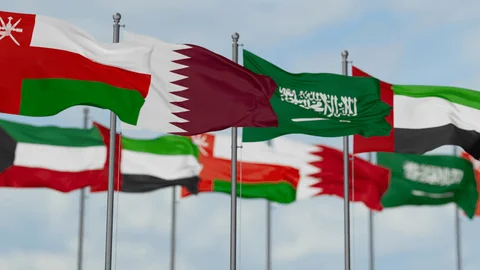
Frequently Asked Questions
What are the six GCC countries?
The GCC includes Saudi Arabia, the UAE, Kuwait, Qatar, Bahrain, and Oman—six nations united by shared cultural and economic goals.
What is the purpose of the GCC?
The GCC aims to promote unity, strengthen economic ties, and ensure collective security among member states while enhancing regional development.
Can Saudi Iqama holders travel visa-free to other Gulf Cooperation Council countries?
Yes, certain Saudi Iqama Holders are visa-free in select countries within the region, although the list and conditions may vary depending on nationality and visa type.
What is the GCC Visa, and how does it work?
The GCC Visa is designed to facilitate travel across member countries for residents and visitors, making it easier to move between nations for tourism or business.
Sources:
- Gulf Cooperation Council Official Portal
- Saudi Vision 2030
- UAE Ministry of Foreign Affairs
- Bahrain Economic Development Board
- Qatar Tourism Authority
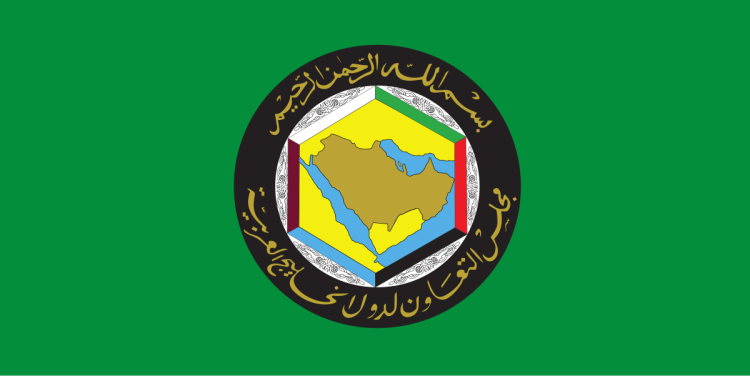
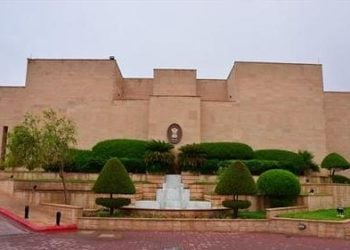


Discussion about this post